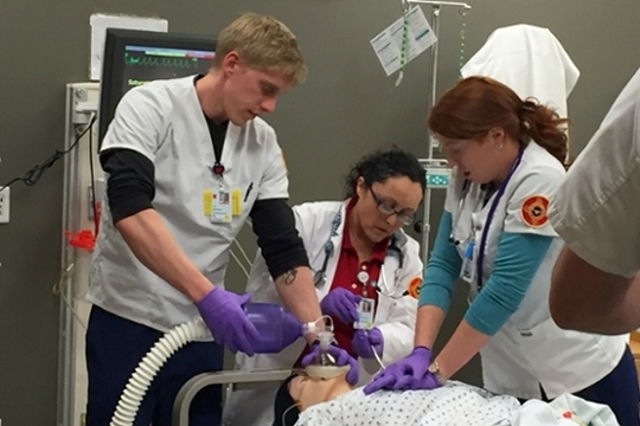
Nursing ETDs
Publication Date
Spring 5-13-2023
Abstract
The parental home is the principal place of residence for adults with developmental disabilities/ intellectual disabilities (DD/ID) (Heller et al., 2007). More than 75% of the adult population with DD/ID living in the U.S. continue to have their basic needs provided by their parents (Williamson & Perkins, 2014). This is based on the estimated statistic that 1.0 to 1.58% of the U.S. adult population has a developmental disability (Anderson et al., 2019; Fox et al., 2015). About 2.9 million adults with DD/ID live with a parent of 55 years (Byun et al., 2006), with more than 25% of these parents older than 60 (Braddock et al., 2013). The predominance of aging parents as the source of long-term care seems to result from factors such as lack of appropriate housing, services, and support and general discrimination (AAIDD, 2013). The study's specific aims: 1. Describe the common meanings and shared practices of parenting an adult with DD/ID. 2. Understanding the challenges parents face in their current lives and the resources they use to meet those challenges. 3. Elucidate the practical advice they have for others who want to be supportive of the efforts of parenting an adult with DD/ID. The methodological approach is a Heideggerian hermeneutic approach using deWitt and Ploeg's (2006) framework for rigor. Data were collected through interviews with 22 New Mexican parents caring for adult children with developmental/intellectual disabilities using semi-structured, open-ended questions and a demographic survey. The inclusion criteria included English-speaking birth parents living in the Southwest who parent an adult with DD/ID over the age of 18 years who still lives at home. Three overarching relational themes, a) parenting as unrelenting vigilance, b) parenting as enduring challenges, and c) parenting as a bridge between adult children with DD/ID and others, and the constitutive pattern, it is what it is… enduring the never-ending, provide a window into these parents' lives. Because little is known about parenting adult children with DD/ID in New Mexico nationally, this research study revealed common meanings and shared practices of parenting adults with DD/ID which informs state and federal policy.
Degree Name
Nursing
Level of Degree
Doctoral
Department Name
College of Nursing
First Committee Member (Chair)
Barbara C. Holmes Damron
Second Committee Member
Suzanne Steffan Dickerson
Third Committee Member
Jongwon Lee
Fourth Committee Member
Judy Liesveld
Keywords
Parenting, Adult Children with Developmental/Intellectual Disabilities
Language
English
Document Type
Dissertation
Recommended Citation
Khalsa, Siri Gurunam Kaur. "It Is What It Is... Enduring the Never-Ending: The Lived Experiences of Parenting Adult Children with Developmental/Intellectual Disabilities." (2023). https://digitalrepository.unm.edu/nurs_etds/60
Included in
Development Studies Commons, Disability Studies Commons, Health Law and Policy Commons, Interprofessional Education Commons, Nursing Commons


